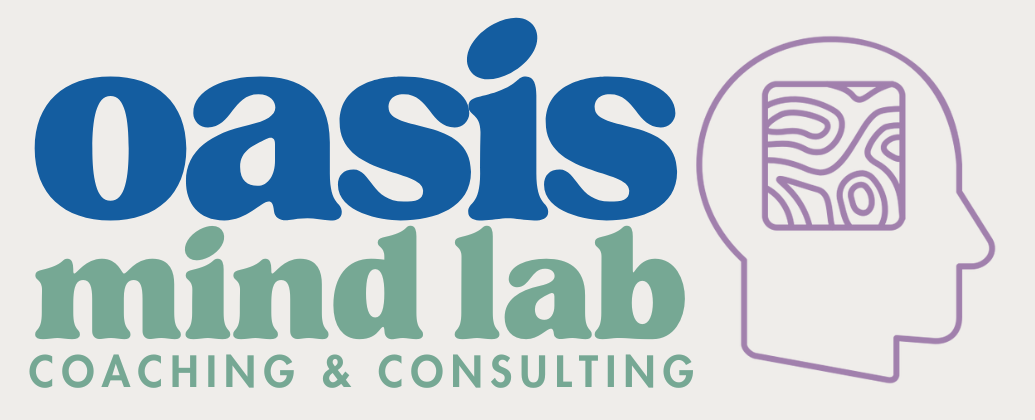Everyone carries emotional baggage. “Emotional baggage can be defined as unprocessed emotions from past experiences, which often have a negative effect on our current thoughts, feelings, behaviors, and relationships,” says Dr. Nakita O’Leary, Clinical Psychologist at Lighthouse Arabia. This includes childhood trauma, abuse, relationships, or any negative experiences from the past. The problem is emotional baggage can often dictate your future and even affect you at the workplace. Emotional baggage can stop you from experience intimacy and being open to feeling emotions. Emotional baggage could cause us to become emotionally unavailable. Emotional baggage stops us from making healthy lifestyle choices, according to a study by the North-Trøndelag University College in Norway. The study found that participants with substantial emotional baggage were stuck in old habits and found it challenging to change their lifestyle. Some examples of emotional baggage can be anger, fear, guilt, shame, and regret.
How do you deal with overcoming your emotional baggage? The not so simple answer to this would be learning how to process your emotions and letting go.
Here are four tips on how to release and process past emotions:
∙ Cultivate awareness and acknowledgment. Ask yourself, what am I holding onto that is making me sad or uncomfortable? What are the short and long-term consequences of holding onto these things? Why should I let this go? Make a list of all the thoughts, beliefs, and behaviors that are weighing you down. What bad habits/situations do you see yourself repeating? Is it possible to stop struggling with the problem but instead be at peace and let the past issue go? Identify your triggers and acknowledge how you feel.
∙ Letting go of your past hostages opens pathways to building a new and healthy life. We are humans, and being hurt in the past could cause us to hurt others in the future. Resentment is poison. Forgiveness is an answer. Accept your responsibility for your history and hold yourself accountable but learn to practice forgiveness. Realize that forgiveness isn’t a one-time act but instead a commitment. You are committing to yourself that you will not live in a state of anger, distrust, or any other negative emotions. Making forgiveness one of your habits correlates to letting go. Practice being kind and compassionate to yourself.
∙ Understanding that holding onto emotional baggage is a consequence to yourself. For example, you might love work, but an argument with a coworker suddenly makes you dread work. In this instance, you are only punishing yourself. You’re ruining your experience to enjoy work due to the grudge you’re holding with your co-worker. Letting go is beneficial. Our conscious self has a desire to heal and to be free from emotional baggage. Accepting situations for what they are means you are not tied to wanting to change an outcome or feeling regret. Instead, you’re letting go of the expectation and resistance. You’re letting things be. Practice mindfulness and living in the present, here and now.
∙ Close the door. You can’t go back and change things that already happened. Address the experience that caused the baggage and work on loving yourself. Don’t get stuck in the past when life is meant to be lived in a forward motion. Reframe situations, open new chapters, be positive and live life as you choose to, without the emotional baggage weighing you down. Every day is a new start and there are new emotions and experiences to be felt. Learn from your past experiences. Healing takes time and doesn’t happen overnight, but it takes courage to seek the root of your problems, face the problems, and to grow. Commit to a daily practice of processing how you feel and looking for acceptance in difficult situations, expressing your feelings, and letting go.
Benefits of processing your emotional baggage:
∙ You start to heal at the root of the problem and understand your symptoms on a deeper level. Perhaps learning more about why you procrastinate, where your anxiety comes from, or why you overeat.
∙ You become more self-aware.
∙ Focusing on work and productive activity becomes easier.
∙ Allowing yourself to feel the negative emotions will open space for you to experience more positive feelings too, like joy and love. You’ll ultimately become more emotionally available.
∙ Carrying around less negative emotions will cause you to have more energy and less drained. If you’re constantly trying to process a deeper stemming problem and that’s zapping your energy; imagine if you just dealt with the problem instead, freeing your mental processes.
∙ The ability to open up emotionally and think more creatively at work and at home.
Don’t be ashamed of having emotional baggage. Be proud of yourself for continuously growing and healing. Cheers to a healthier and happier self at home and at work!
